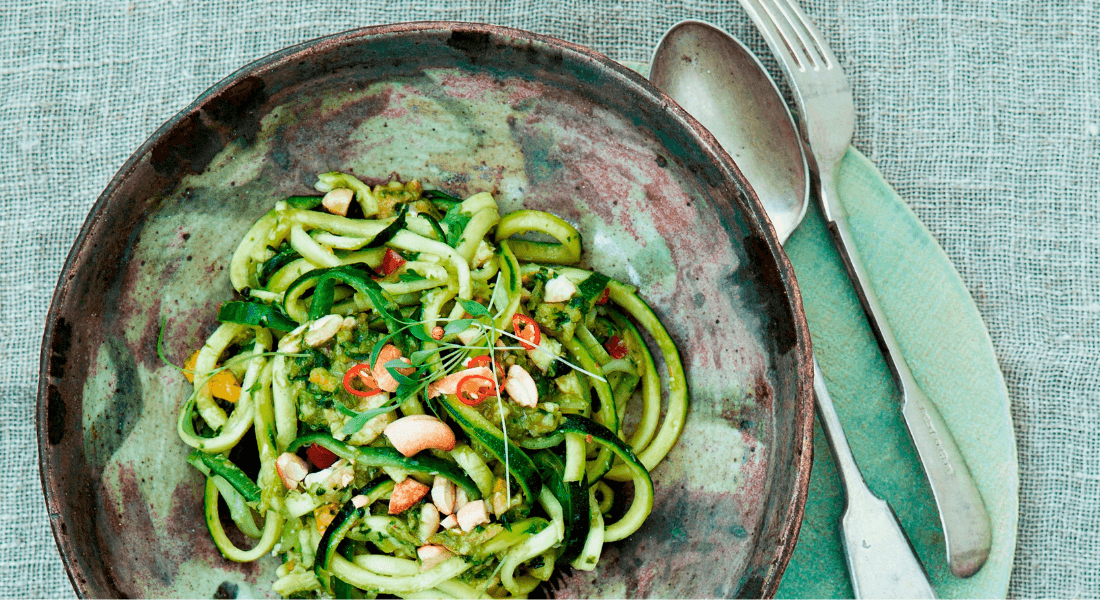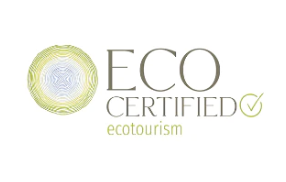As life gets busier, we tend to reach for conveniently packaged and more heavily processed foods rather than taking the time to prepare nourishing and nutrient-dense meals.
In doing so, we often forget just how important it is to consume foods in their natural state.
In this article, we want to shed some light on mindful eating and help you to gain a better understanding of the SLOW food philosophy movement.
What is SLOW Food Philosophy?
The SLOW food philosophy encourages a healthy and balanced diet comprising ingredients that are Seasonal, Local, Organic and Whole.
The purpose of this food philosophy is to consume foods that are as close to their natural state as possible and ultimately maximise nutritional value.
WHY SEASONAL?
When in season, plants thrive and produce fruits, herbs and vegetables at their highest nutritional levels.
These seasonal fruits and vegetables also require less human intervention, including chemical usage, waxes and preservatives which can lead to adverse health effects.
WHY LOCAL?
Foods that are required to travel long distances are subject to heightened human intervention and lose a significant amount of nutritional value due to elongated storage periods.
Local foods are therefore fresher and hold maximum nutritional value.
WHY ORGANIC?
When you consume nutrient-dense, organic foods, you significantly lessen the number of chemicals you consume.
Organic foods are fresher, better for the environment and produced in a way that minimises the number of pesticides and therefore chemicals.
WHY WHOLEFOODS?
Minimal processing and human intervention promote the consumption of foods in their most natural form.
Wholefoods that are free from processing are typically better for us as well as for the environment.
The benefits of following the SLOW food philosophy
With less human intervention, nutritional value is not compromised.
In turn, nutrient-dense foods supply us with the vitamins and minerals essential for healthy gut bacteria and balanced blood sugar levels.
A balanced diet of seasonal, local, organic and wholefoods also detoxifies the liver, reduces inflammation and supports prolonged digestions which keep you feeling fuller for longer.
The SLOW food movement also encourages a healthy and balanced diet of micro and macronutrients which allows your body’s biochemistry to convert food into everything it needs for optimum mental and physical health.
Not only does the philosophy aid in brain and body function but also offers a range of environmental benefits including:
- Significantly lessening negative impacts on environmental biodiversity
- Promoting sustainable agricultural practices
- Supporting local community food producers
- Often using less packaging
Gwinganna realised the abundance of health benefits and constructive environmental benefits of the SLOW Food Philosophy and have embraced the philosophy wholeheartedly in all of our menus since our inception.
Why Gwinganna adopted the SLOW food philosophy
Our purpose at Gwinganna is to soothe the souls of our guests and inspire them to live a healthier life.
Since introducing the SLOW philosophy, we have provided guests and wellness travellers with delicious foods that support health goals and promote overall wellbeing.
We do so by not only providing delicious, seasonal, local, organic and wholefood meals but by encouraging our guests to consider how we eat outside of the retreat.
Ways we have adopted it at the retreat
Each meal served at Gwinganna remains true to the philosophy and incorporates organic wholefoods based on vegetables with carbohydrates, fats and proteins.
However, our meals can differ slightly according to the overall goals of each retreat.
For example, in our detoxification 7-night retreat, we serve vegetarian meals only for the first two days in order to rapidly reduce inflammation before slowly introducing seafood and organic chicken after detoxification.
How to integrate the SLOW food philosophy into your life after the retreat
At Gwinganna, our Senior Naturopath, Shannon McNeill aims to educate guests that instead of the common phrase “we are what we eat”, we should alternatively practice “we are what we absorb”.
In doing so, guests are encouraged to eat mindfully and adhere to the SLOW food philosophy in life after retreat.
Guests are also provided with the opportunity to invest in their health post-retreat with our Wellness at Home Book.
Our Wellness at Home Book provides guests with nutritional advice from Gwinganna’s wellness experts.
Guests can also purchase 'a taste of Gwinganna' or the convenient Wellness at Home online resource and follow a range of delicious SLOW food recipes at home.
If you liked this article, you might also like to try our delicious Walnut Crusted Fish with Carrot & Kale Salad.




